Vacation is supposed to be fun, memorable and enjoyable. It’s supposed to be time away from the stress of everyday life, and it’s supposed to be a time that you’re completely relaxed with not a care in the world. It’s not supposed to be a time in which you’re stranded, worried and in distress because someone took your money and stole your wallet. It can happen. You could lose your bag, your things could be pick-pocketed, or you could be a victim in another manner. Don’t let it happen to you on vacation. Follow these simple tips to help you safeguard your money when you travel.
(Photo by Spencer Platt/Getty Images)
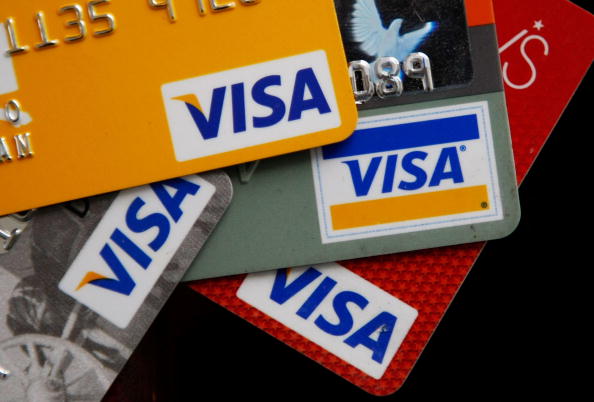
Call Your Credit Card Company
The most important thing you can do to protect your finances when you are on vacation is to notify your credit card companies that you are traveling. For one, you can provide the dates you’re planning on traveling. This will allow your card company to know it’s safe for your card to be used during this time. If someone were to steal your personal card information and use it after you leave the country, your card company will know based on the travel dates you provided that you’re home and these purchases are fraudulent so they can stop them early.
(Photo Illustration by Justin Sullivan/Getty Images)
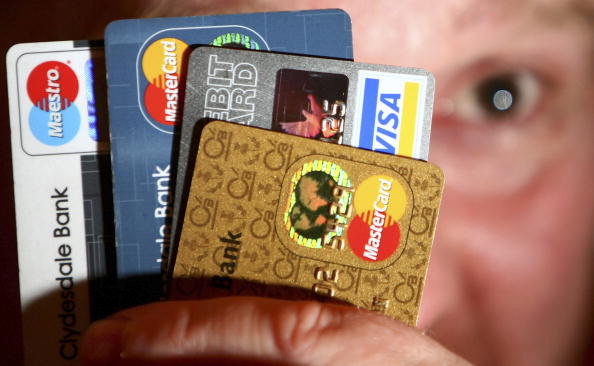
Pack Additional Cards
God forbid something should happen to your wallet, or someone picks your card out of your pocket while you’re on vacation. You’re going to want to carry a secondary credit card with you on vacation and you’re going to want to keep it separated from the other cards you’re carrying. Why? Because if you lose your bag or it’s stolen, you’re going to want a card to use. If all your cards are in the bag that’s missing or stolen, you’re stranded far from home with no money and a lot of other problems with which to contend.
(Photo by Jeff J Mitchell/Getty Images)
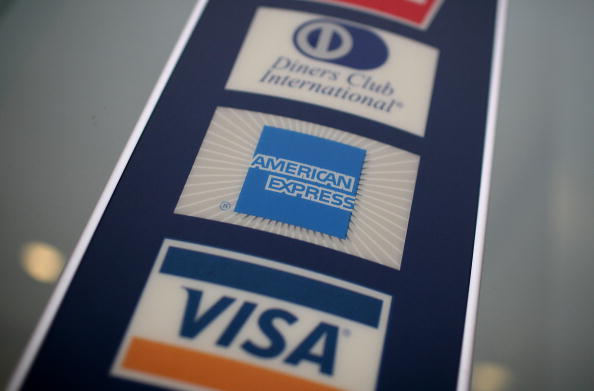
Skip Foreign ATMs
Believe it or not, thieves actually take the time to place fake ATM machines in places around the world that have a lot of tourists and a big language barrier. If you want to use cash, you’re going to want to pack it. Otherwise, you can always find a bank you recognize or locate a Visa or MasterCard ATM using their ATM services online. Just be very careful where you submit and enter your personal information in an attempt to get some cash on your vacation; it could result in your money being stolen.
(Photo by Justin Sullivan/Getty Images)
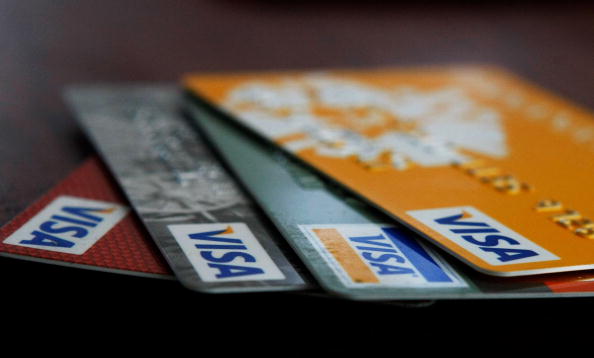
Lighten Your Wallet
Leave anything not pertinent to your travel at home. For example, your social security cards and your other cards that have personal information listed. If you take your health insurance cards with you, make sure that you make a copy of the card, leave the original at home and remove the last four digits of your SSN from the card so that you still have the information you need should you require medical attention, but it’s more difficult for thieves and other untrustworthy people to obtain your personal information in this manner. And be sure to leave your checkbook at home no matter what.
(Photo Illustration by Justin Sullivan/Getty Images)
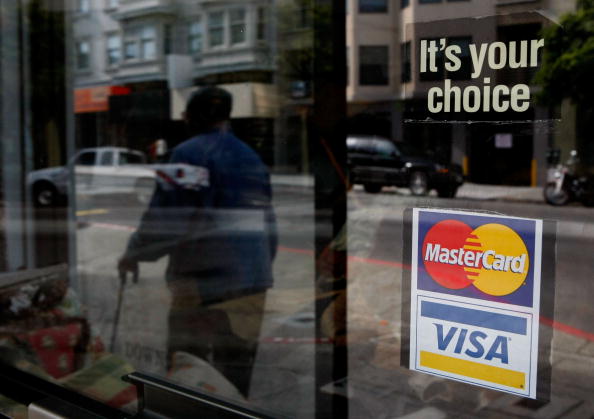
Use Credit
Credit cards are far more secure than debit cards. Not only is your credit card company on your side, you will receive refunds for any purchases that were not made by you if you report your card missing or stolen. Additionally, you will have the ability to check your statement online immediately to ensure that your card was only used where it was used and not anywhere else while you’re traveling. Credit is secure; and it’s accepted almost everywhere in the world, which makes it a safe bet when you travel.
(Photo by Justin Sullivan/Getty Images)
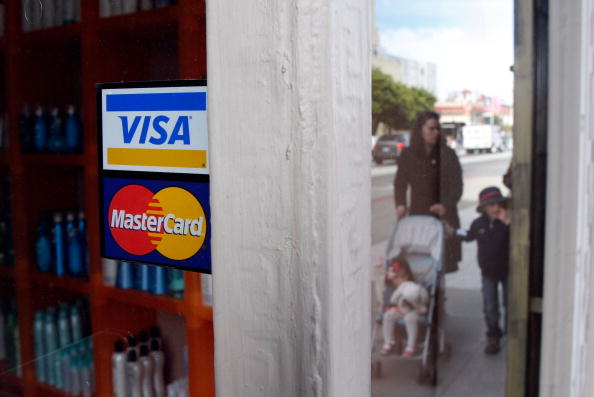
Use the Safe
Put your financial information in the safe in your hotel room. Pick a difficult combination. Do not carry all your cash and credit cards with you; put them in the safe. When you do this, you guarantee that you have access to cash and credit cards when you come back to your room should anything happen to the cash and cards on your person. It’s imperative that you check the lock to ensure the safe is working correctly and that you check to make sure the safe is closed all the way at all times when you’re there.
(Photo by Justin Sullivan/Getty Images)
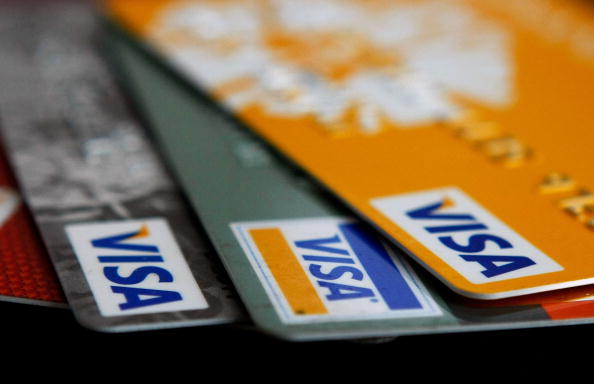
Clean the Rental
If you rent a car, clean it out before you return it. One of the easiest ways to lose your financial information and become the victim of potential identity theft is to forget personal items in your rental. This includes removing your rental paperwork and checking all the nooks and crannies in the car. You never know when your card might have fallen out of a spilled purse or your loose pocket and become wedged between a seat and the door or in the cracks of a seat. Just check before you return the car. You’ll feel better for it.
(Photo Illustration by Justin Sullivan/Getty Images)
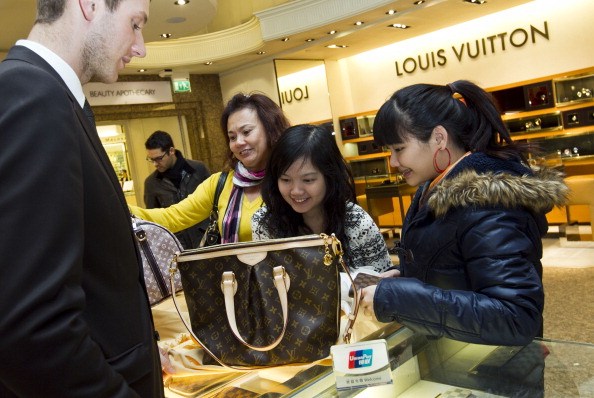
Stay On Top
Keep your receipts and check your account balances at the end of each day. They should match up. It helps to keep your receipts so that if you have any issues with your purchases, you can dispute them easily. For example, say a waiter decides to add another zero to the end of a tip you left, and you don’t keep the receipt. You can’t prove it. However, with a copy of the receipt on hand, you can prove that you did not leave that amount and that you know what was left so that you receive the refund you deserve.
(Photo by James McCauley/Harrods via Getty Images)
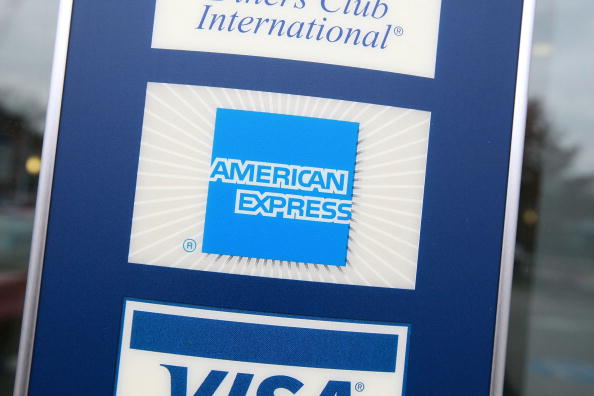
Review Purchases
It’s important that you review each and every purchase you make on vacation. To make this easy, keep your receipts. You want to check statements each day to ensure that nothing is out of the ordinary. You also want to make sure you were charged correctly for items right away. The worst thing is to go home and realize you were overcharged for something you purchased and it be too late for you to make a return since you’re hundreds or thousands of miles away from where you were when you made the purchase on vacation.
(Photo by Justin Sullivan/Getty Images)
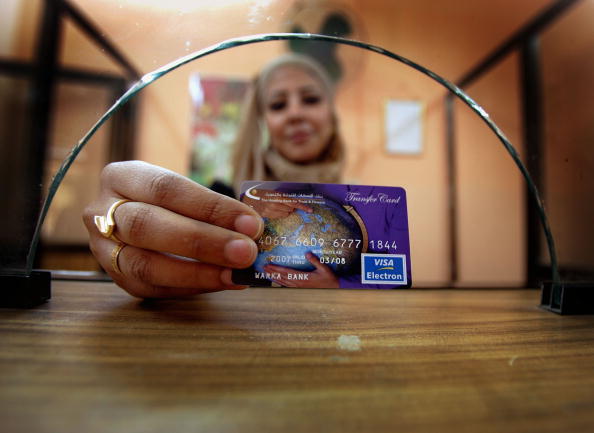
Research Destinations
It’s not always fun to hear, but you should always research your destinations prior to going. Why? For several reasons, and the first is not a fun one. You might want to check the crime rate where you’ll be going so that you can decide whether or not you want to risk this kind of trip. Also, you should check to see what kind of credit cards are accepted, if cash is something you’ll really need, what type of exchange you’re working with and how to find ATMs and other financial institutions where you will be staying.
(Photo by Wathiq Khuzaie /Getty Images)
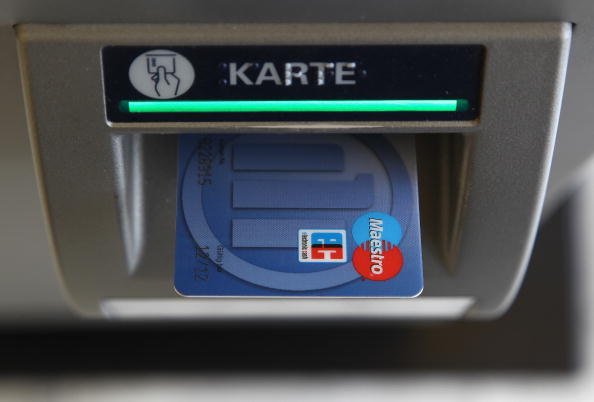
Keep Things Safe
When you’re out walking around, don’t put your cards or wallet in your pocket. Don’t put them in a giant wallet sitting at the top of an open bag. Don’t carry a backpack full of money and credit cards. Instead, wear a fanny pack – it’s tacky, I know – or carry a crossbody bag that you can keep close to the front of your body. Zip it up at all times and keep one hand on it at all times. This is going to deter thieves who might want your stuff. Also, don’t hang your bag on the back of your chair when you’re eating. It’s so easy for people to reach in and grab something without alerting you or anyone else.
(Photo by Andreas Rentz/Getty Images)
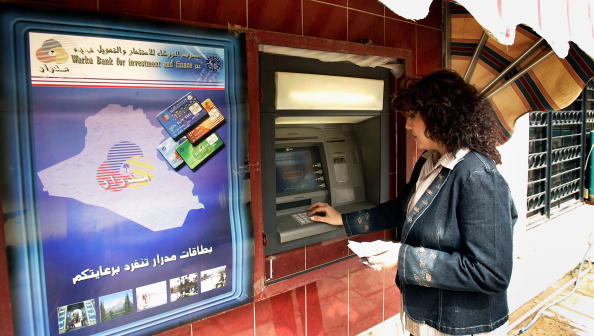
Make Copies
Make a copy of all your financial information. This means your credit cards, your bank cards, your health insurance cards and anything else you take with you. You might want this at home so that you can call and get this information from someone if anything happens. You might also want this so you know exactly what is missing if your bag is taken. You need to be able to call your financial institutions right away if things go missing, but it’s not easy if you can’t remember what’s in your bag and what isn’t.
(Photo by Wathiq Khuzaie /Getty Images)
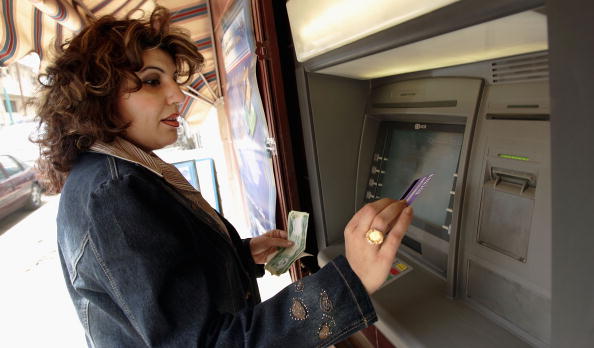
Don’t Use Debit
Banks have looser rules than credit card companies. Many banks will not refund you money that is used by someone other than yourself if it’s spent on a stolen card that you didn’t realize was stolen until after a purchase was made. Additionally, thieves have easier access to your funds on a bank card. Leave them at home and take only credit cards with you when you travel. It’s much safer and much more reliable to travel in this manner. Leave your debit card at home, and don’t use it on vacation. It’s not a negotiable thing; just leave it at home.
(Photo by Wathiq Khuzaie /Getty Images)
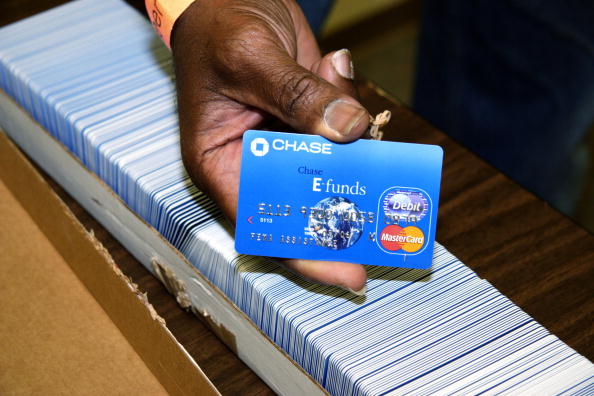
Protect Cash
If you have cash with you, make sure it’s protected. The most important thing you can do is only carry what you need. Don’t get thousands of dollars out of your bank account and carry it around. Anyone who sees you with that much cash is going to keep an eye on you. Leave what you need in your hotel safe and take only what you need for an outing. Keep small bills on you as well. Too many big bills is a red flag for thieves. Additionally, don’t keep cash anywhere expected such as pockets or wallets. Keep it in a makeup bag or a glasses case or somewhere thieves aren’t expecting it to be.
(Photo by Ed Edahl/FEMA via Getty Images)
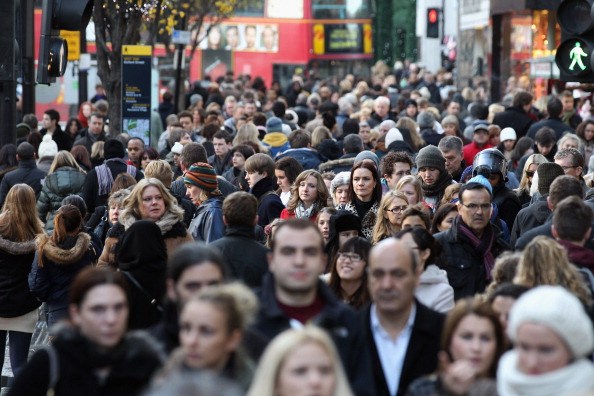
Stay Out of Big Crowds
When you’re traveling somewhere, stay out of large crowds. Walk behind or in front of them. When people are constantly bumping up against you, it’s perfect for pickpockets. They can reach into your bag or pocket and grab your belongings without alerting you to the fact. If they accidentally touch you, you are more likely to consider it someone in the crowd. If you’re not in the crowd, you’re not a safe target and people will not be as likely to get your stuff without your knowledge.
(Photo by Oli Scarff/Getty Images)

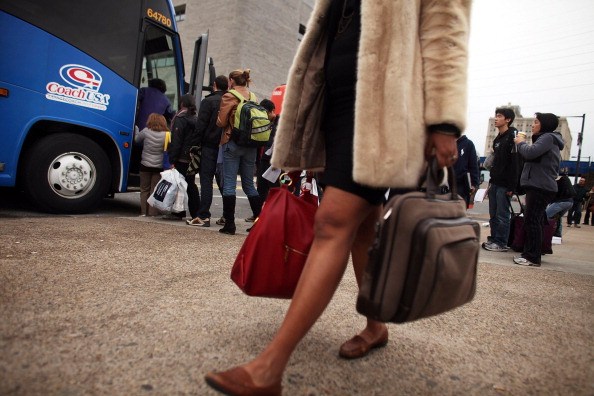
Comments
Loading…